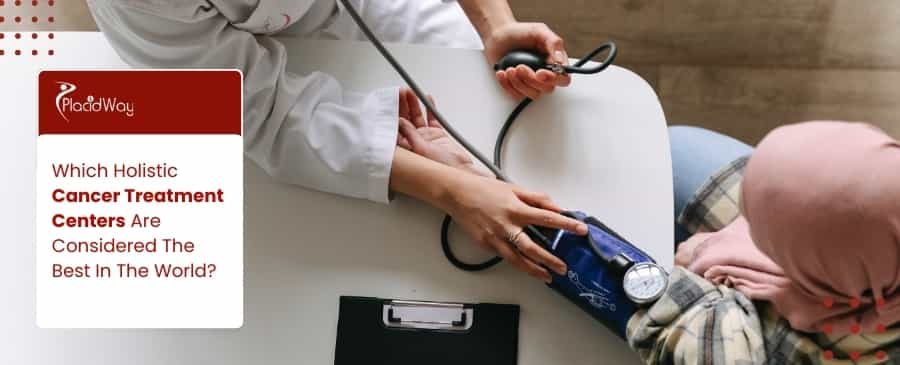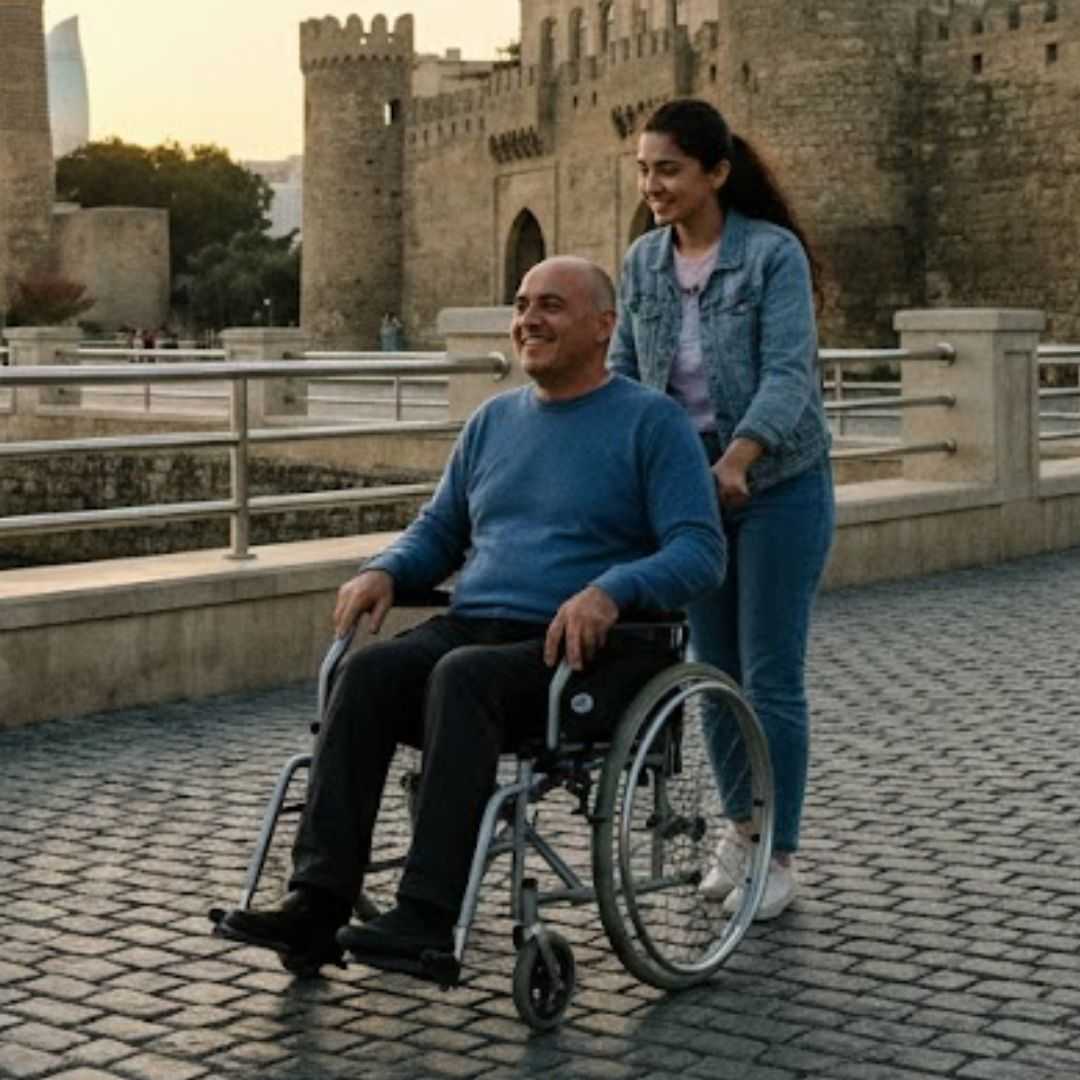Top Holistic Cancer Centers Around the World

It's important to understand that holistic cancer treatment doesn't always mean abandoning conventional medicine. In fact, many leading centers embrace an integrative model, working alongside oncologists to provide a synergistic treatment plan. The goal is to maximize treatment efficacy, minimize side effects, and improve quality of life throughout the cancer journey.
Whether you're seeking primary treatment, adjunctive support, or palliative care, finding a center that aligns with your values and health goals is paramount. This guide will help you understand what makes a center stand out and what to consider in your search for optimal care, focusing on providing helpful information to answer common questions you might have.
What defines a holistic cancer treatment center?
A holistic cancer treatment center is distinguished by its comprehensive approach to patient care, moving beyond merely targeting cancer cells to address the individual's entire physical, mental, emotional, and spiritual health.
Unlike traditional oncology, which primarily focuses on surgery, chemotherapy, and radiation, these centers incorporate a broader spectrum of therapies. They believe that cancer is often a symptom of underlying imbalances in the body and aim to restore balance and strengthen the body's inherent healing mechanisms.
What kinds of therapies do holistic cancer treatment centers offer?
These therapies are often chosen based on their potential to support the body's natural defenses, reduce inflammation, detoxify, and improve overall cellular function. They can be broadly categorized as follows:
- Advanced Diagnostics:
- Circulating Tumor Cell (CTC) testing: To monitor cancer activity and identify effective therapies.
- Genetic profiling: To personalize treatments based on individual genetic predispositions and tumor mutations.
- Comprehensive lab testing: To assess nutritional deficiencies, heavy metal toxicity, hormone imbalances, and immune function.
- Nutritional and Dietary Therapies:
- Personalized dietary plans: Often plant-based, organic, and designed to reduce inflammation and starve cancer cells.
- Intravenous (IV) Nutrient Therapy: High-dose Vitamin C, B vitamins, minerals, and other vital nutrients directly administered to boost immune function and provide cellular support.
- Enzyme therapy: To aid digestion and break down cancer cell coatings.
- Detoxification and Cleansing Programs:
- Colon hydrotherapy: To remove toxins from the colon.
- Sauna therapy: To facilitate toxin release through sweat.
- Liver support protocols: To enhance the liver's detoxification capabilities.
- Coffee enemas: Used in therapies like the Gerson diet to aid liver detoxification.
- Immune-Boosting Therapies:
- Immunotherapy: Both conventional (e.g., checkpoint inhibitors) and natural approaches (e.g., mistletoe therapy, thymus extracts).
- Ozone therapy: To oxygenate tissues and stimulate the immune system.
- Hyperthermia: Heating tumors to make cancer cells more susceptible to treatment and stimulate immune response.
- Mind-Body and Emotional Support:
- Counseling and psychotherapy: To address emotional trauma and stress.
- Meditation and mindfulness: To reduce stress and promote relaxation.
- Yoga and gentle exercise: To improve physical and mental well-being.
- Art therapy/Music therapy: To provide creative outlets for emotional expression.
- Other Complementary Therapies:
- Acupuncture: For pain management, nausea, and stress reduction.
- Herbal medicine: Specific herbs with anti-cancer or immune-modulating properties.
- Photodynamic therapy (PDT): Using light-activated drugs to destroy cancer cells.
What criteria should one consider when selecting a holistic cancer treatment center?
Choosing the right holistic cancer treatment center is a deeply personal and critical decision. With so many options available, it's essential to have a clear set of criteria to evaluate potential centers. This careful consideration ensures you find a center that not only offers effective treatments but also aligns with your personal values and healthcare goals.
Are holistic cancer treatments typically covered by health insurance?
The question of insurance coverage for holistic cancer treatments is a complex one, and unfortunately, the straightforward answer is that most comprehensive holistic or integrative programs are not fully covered by standard health insurance. The healthcare system, particularly in countries like the United States, tends to prioritize conventional, FDA-approved treatments, often leaving little room for reimbursement of complementary and alternative medicine (CAM) therapies.
What is the approximate cost of treatment at a holistic cancer center?
Understanding the financial commitment involved is crucial when considering treatment at a holistic cancer center. The costs can vary dramatically due to several factors, making it difficult to give an exact figure without knowing the specific center, treatment plan, and duration. However, it's generally understood that these treatments represent a significant financial investment, often entirely out-of-pocket due to limited insurance coverage.
Approximate Cost Ranges:
While specific figures vary, here's a general idea of what you might expect:
| Program Type | Approximate Cost (USD) | Common Inclusions |
|---|---|---|
| Initial 2-3 Week Program | $20,000 - $45,000 | Diagnostics, core IV therapies, some detoxification, nutritional guidance, basic consultations. |
| Comprehensive 4-6 Week Program | $45,000 - $80,000 | Extensive diagnostics, advanced IVs, hyperthermia, immune-modulating treatments, mind-body therapies, accommodation. |
| Long-term/Advanced Programs | $80,000 - $150,000+ | Highly personalized therapies, extended stay, genetic-guided treatments, extensive follow-up care. |
For those exploring international medical tourism for cancer treatment, or seeking comprehensive healthcare services, PlacidWay offers a valuable resource. Explore PlacidWay to connect with leading medical centers and find solutions tailored to your health and wellness needs.


.png)




.png)
.png)
.png)
.png)

Share this listing